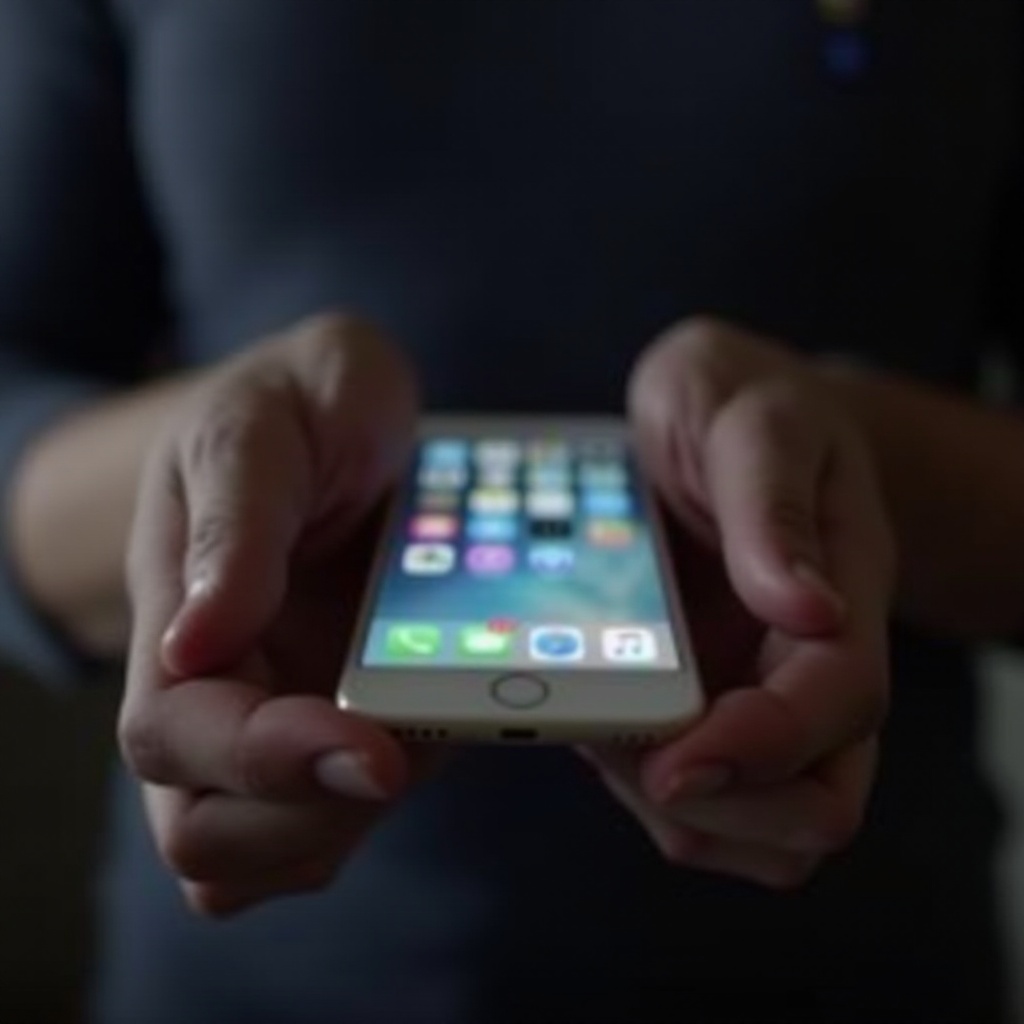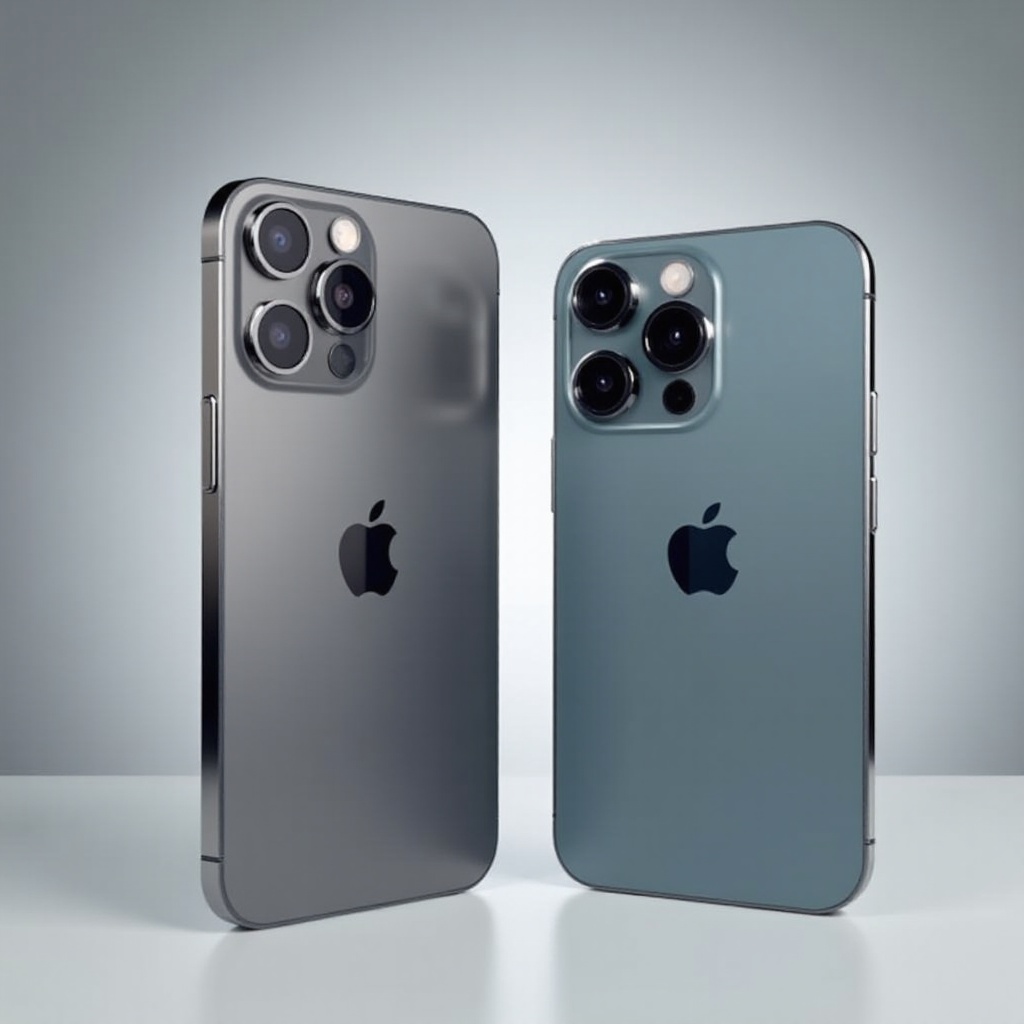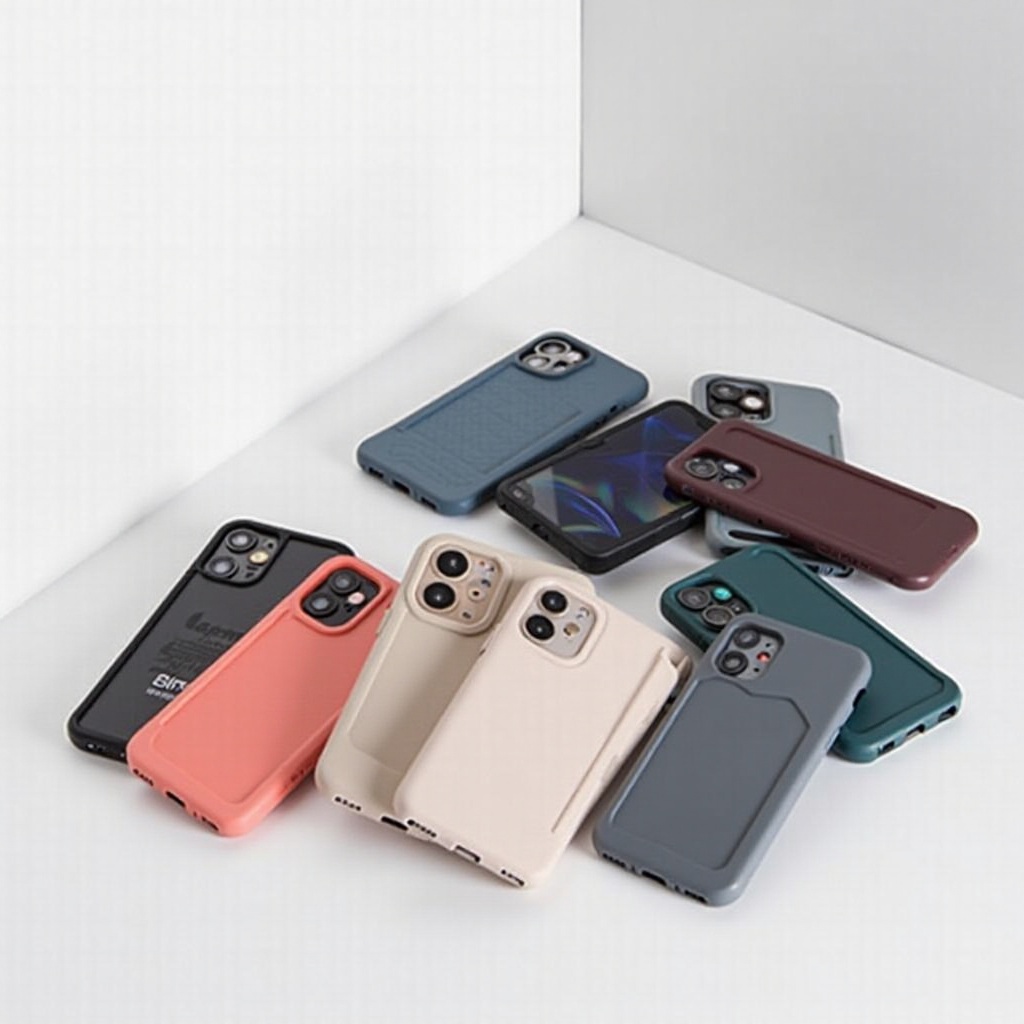Introduction
Choosing between a landline phone and a cell phone may seem straightforward, but there are many factors to consider. Both have unique advantages and disadvantages, and understanding these can help you make an informed decision based on your needs. This guide compares the two types of phones in terms of reliability, functionality, cost, and user preference.

History and Evolution of Phones
Phones have evolved significantly over the years, from old-fashioned rotary dials to sophisticated smartphones.
The Emergence of Landline Phones
Landline phones were the primary means of communication for many decades. Introduced in the late 19th century, they became a household staple, offering reliable service and clear voice quality.
The Rise of Cell Phones
Cell phones made their debut in the late 20th century and have revolutionized communication. Their portability and multifunctionality have made them indispensable tools in our daily lives.
From early brick-sized models to sleek, modern smartphones, cell phones have changed how we communicate, access information, and entertain ourselves.
Comparing Key Features
Understanding the key features of both landline and cell phones can help you decide which might be better suited for your needs.
Reliability and Call Quality
Landline phones typically offer superior call quality and reliability since they are hard-wired and not dependent on cell towers or batteries. On the other hand, cell phones can experience signal dropouts and interference, especially in remote areas.
Mobility and Convenience
Cell phones excel in portability, allowing users to stay connected wherever they go. Landline phones, being stationary, do not offer this flexibility.
Additional Features and Services
Cell phones come packed with additional features such as internet access, GPS, cameras, and various apps. Landline phones, though simpler, are now available with features like caller ID, voicemail, and call waiting.
Advantages of Landline Phones
There are several notable advantages to having a landline phone.
Stability and Sound Quality
Landline phones provide consistent sound quality and are less likely to drop calls, making them reliable for long conversations.
Dependability During Emergencies
In emergency situations, such as power outages or natural disasters, landline phones often remain operational. This dependability can be a critical factor for safety.
Simplified Usage for Certain Groups
Landline phones are user-friendly and can be easier for children, seniors, and individuals with disabilities to use.

Disadvantages of Landline Phones
However, landline phones come with their own set of drawbacks.
Lack of Mobility
Being tethered to a fixed location poses a significant downside, limiting the flexibility to communicate on the go.
Higher Costs Over Time
Landlines can incur higher costs over time due to the need for a dedicated phone line and monthly service fees.
Limited Functionalities
Compared to cell phones, landlines offer fewer features, which might be a dealbreaker for those seeking multifunctional devices.
Advantages of Cell Phones
Cell phones bring several advantages to the table.
Portability and Connectivity
Cell phones enable users to stay connected virtually anywhere. This portability is invaluable for professionals, travelers, and anyone in need of constant communication.
Multi-Functionality (Internet, Camera, Apps)
Modern cell phones are akin to mini-computers. They offer internet browsing, high-quality cameras, and access to a plethora of apps that can assist with everything from navigation to health tracking.
Constant Innovations and Updates
The tech industry continually innovates, providing cell phones with new features and improvements regularly. This ensures users have access to the latest technology.
Disadvantages of Cell Phones
There are also some downsides associated with cell phones.
Battery and Signal Issues
Cell phones rely on batteries and signal coverage, which might be problematic in certain situations. Running out of battery or experiencing poor signal quality can disrupt communication.
Health and Safety Concerns
Concerns about radiation exposure and the impact of extensive screen time on health have been raised. Additionally, cell phones can be a significant source of distraction, leading to accidents and reduced productivity.
Potential Distractions
The multifunctional nature of cell phones can be both a blessing and a curse. Notifications, apps, and games can distract users from important tasks.
Ideal Use Cases for Each
There are specific scenarios where one type of phone might be more suitable than the other.
Best Scenarios for Landline Phones
- Businesses: For industries that require clear, uninterrupted communication.
- Emergency Services: Ensuring reliable communication during emergencies.
- Seniors: Offering an easy-to-use option for elderly individuals.
Best Scenarios for Cell Phones
- Travelers: Staying connected away from home.
- On-the-Go Professionals: Maintaining constant communication while moving.
- Everyday Users: Accessing a wide range of functionalities beyond voice calls.
Future Trends
Both landline and cell phones continue to evolve, but in different directions.
Technological Advancements in Landlines
Landlines are adapting by incorporating features like VoIP (Voice over Internet Protocol), providing greater flexibility and integration with modern systems.
Innovations in Cell Phone Technology
Cell phones are continuously updated with new technologies, such as advanced AI, augmented reality (AR), and 5G connectivity, further enhancing their capabilities and user experience.

Conclusion
Deciding between a landline phone and a cell phone depends on your specific needs and preferences. Each has its own set of strengths and weaknesses, so consider factors like reliability, functionality, cost, and your lifestyle before making a choice. Whether you opt for the traditional dependability of a landline or the modern convenience of a cell phone, both are essential tools in today's communication landscape.
Frequently Asked Questions
Are landline phones more secure than cell phones?
Yes, landline phones can be more secure since they are less susceptible to hacking and do not emit signals that can be intercepted.
Can I use a landline phone without internet service?
Yes, traditional landline phones operate independently of the internet. However, VoIP landlines require an internet connection.
Is it better to have both a landline and a cell phone?
Having both can offer the best of both worlds: the reliability and security of a landline and the mobility and functionality of a cell phone.




